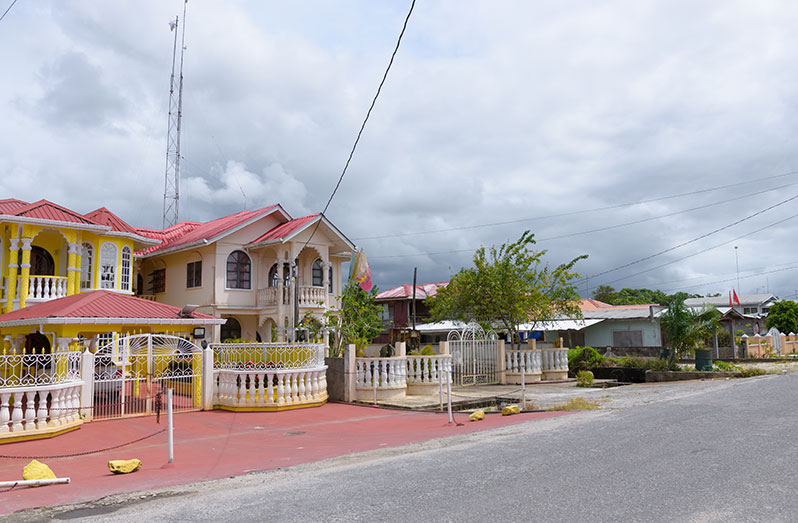AFTER teaching for 36 and a half years, Seenarine Bhukhan, better known as “Sir Mike,” exited the government school system and started to fully concentrate on his farm.
He retired as a headmaster after having taught at many schools along the West Coast Demerara and East Bank Essequibo corridors.
After retirement, he spent 10 years at the National Centre of Educational Resource Development (NCERD) attached to the Literacy Programme, and after which he finally hung up his teaching gloves.
Bhukhan is a full-time farmer of ground provisions and citrus.
He reported that recently he suffered setbacks due to heavy rainfall; his farm was flooded and through the regional administration, they made request for a drainage upgrade which was done.
“We the farmers are happy that something was done to reduce flooding, but more can be done to the drainage system,” he said.
Bhukhan added that he recently started planting papaya, but with the increasing cost for drugs and fertilisers he may have to reduce his cultivation.
His produce is sold to wholesale buyers, who re-sell to vendors at most of the markets in several regions.
The farmer told the Pepperpot Magazine that farming is his way of life, but everything is expensive these days and it is difficult to make a profit.

He disclosed that from Parika Junction to the last village by road, that is, Bendroff, it is 10 miles; there are many small villages, and the people depend on farming as their primary source of income.
Bhukhan stated that the people are farmers and they have to contend with a lot of expenses before they can have a good harvest.
Meanwhile, in giving a historical background of Unity Village, East Bank Essequibo, he related that Unity was originally a Dutch plantation which cultivated sugar cane on a large scale.
It was divided into two large plantations named Johanna Cornelia and Johanna Cecelia in the olden days, but was later renamed Unity Village.
Bhukhan added that he is not sure how it was renamed, but it happened and he grew up in the community and is still there.
He pointed out that it is a small village and back then it was not as populated as it is now and it only had a handful of people, who reared pigs and they also were farmers, who lived off the land by cultivating crops.
Bhukhan reported that he remember there was also a sawmill and some of the men were employed there.
He stated that back then, people did whatever they could to earn and some were also fishermen, utilising the Essequibo River.
Bhukhan added that Unity Village was forested, and they had no roads, but over time the place developed, and more people settled there.
Unity Village is very populated and has about 120 residents, most of whom are farmers.
Bhukhan disclosed that the village produced a lot of good people and they have had many success stories despite challenges.
He reported that they have an aeronautical engineer and they have some teachers and other young professionals, who work outside the community.
Bhukhan told the Pepperpot Magazine that life in Unity Village is good, but it entails hard labour and long hours of farming to be successful.
He stated that most of the ground provisions, citrus, fruits and vegetables come from Unity and the other villages along that long stretch of road.
Bhukhan disclosed that his produce would be sold as far as the Mon Repos Market and other places.
The retired headteacher believes that farmers are the backbone of this country, and more emphasis should be placed on reducing the cost of agricultural equipment and fertilisers.
He related that the increasing costs of such things have created an additional burden on farmers across the country, thereby decreasing production.
He deemed Unity and other villages as being the breadbaskets of the country, since the people are all farmers who toil every day to produce good crops, even when the odds are against them in many ways.



.jpg)











